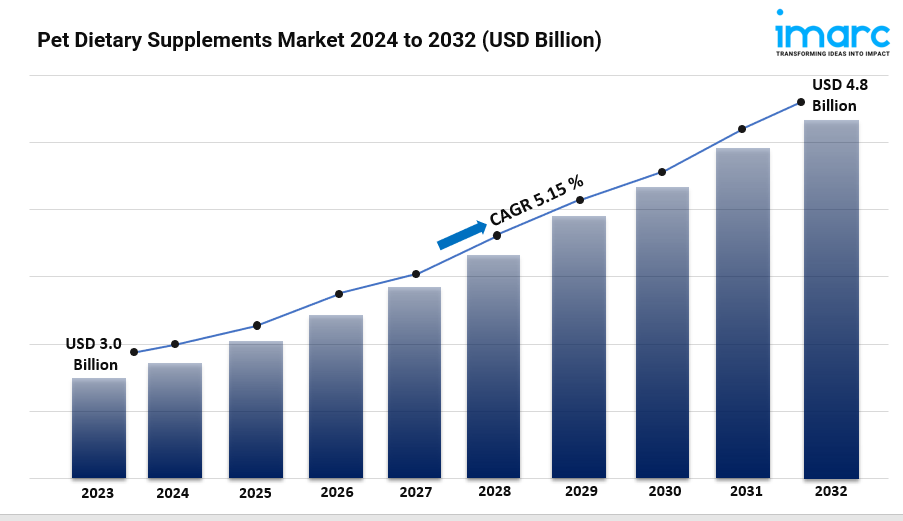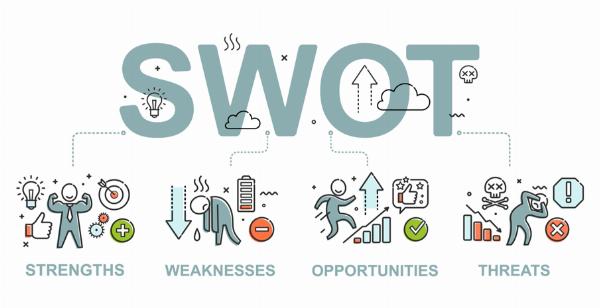The Earth Is Spinning Faster—Here’s Why July and August Will Have Record-Short Days
While the shortest day of the year typically falls in winter, summer will have its fair share of abnormally short days this year. According to TimeandDate, Earth will spin unusually fast in July and August, resulting in shorter days.
From the point of view of the sun, it takes Earth roughly 86,400 seconds (24 hours) to complete one full rotation. This changes slightly from day to day, and these small variations are measured with atomic clocks. The number of milliseconds above or below 86,400 seconds is referred to as length of day.
Until 2020, the shortest length of day ever recorded was -1.05 milliseconds, meaning it took the Earth 1.05 milliseconds less than 86,400 seconds to complete one rotation. Since then, Earth has beaten this record every year, with the shortest day of all being -1.66 milliseconds.
This month,TimeandDate reports that Earth will get close to its previous record. On July 9, the length of date is expected to be -1.30 milliseconds, followed by -1.38 milliseconds on July 22 and -1.51 milliseconds on August 5.
"Nobody expected this," Leonid Zotov, a leading authority on Earth rotation at Moscow State University, told the outlet. "The cause of this acceleration is not explained." Zotov added that most scientists believe it is something inside the Earth. "Ocean and atmospheric models don’t explain this huge acceleration," he said.
Despite this acceleration, Zotov predicts that Earth will slow down soon. "I think we have reached the minimum," he told TimeandDate. "Sooner or later, Earth will decelerate." In the meantime, scientists will continue to study the reason behind Earth's length of day variations.
Read the original article on Martha Stewart
Excellent analysis illustrating why July and August are expected to boast record-low daily durations due to Earth's accelerated rotation, revealing the intricate connection between celestial mechanics and our perception of time.
This insightful article, explaining why July and August will feature record-short days due to the Earth's faster rotation speed in today’sf Posted content is truly enlightening; it offers a compelling blend of scientific fact combined with people knowledge.
The fast-paced spin of the Earth as hinted in this article predicts July and August to host days with record short durations, intriguing astronomers for their insights into planet's rotation dynamics.
This fascinating exploration by the author offers a gripping scientific explanation for why July and August will host record-short days, unveiling how Earth's increased rate of rotation is an intriguing signifier in our Solar System’S complex interactions. A must read!
This eye-opening article brilliantly exposes how the earth's faster spinning in July and August is shaped by a complex interplay of celestial mechanics, setting off an intriguing scientific debate about whether it truly signals environmental shifts.
This compelling analysis about the Earth's accelerated rotation and its implications for July & August setting records with unusually short days is a hands-on reminder of our planet’sfastontangular speed, fostering both scientific curiosity amidst energetic contemplation on climate dynamics.














